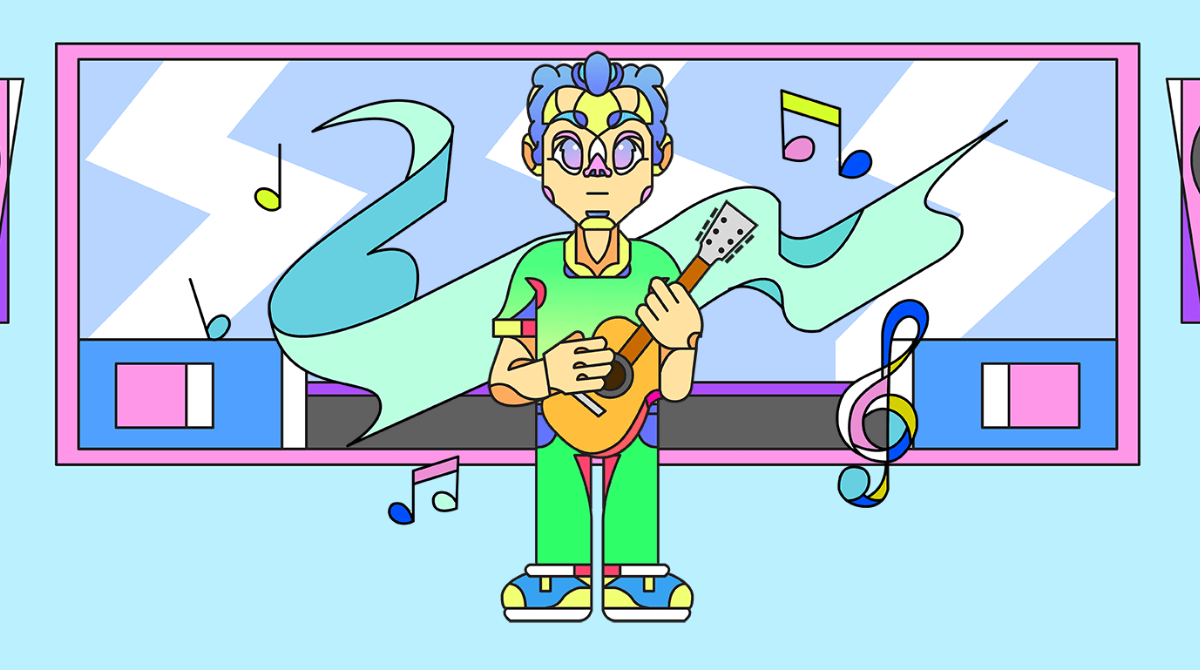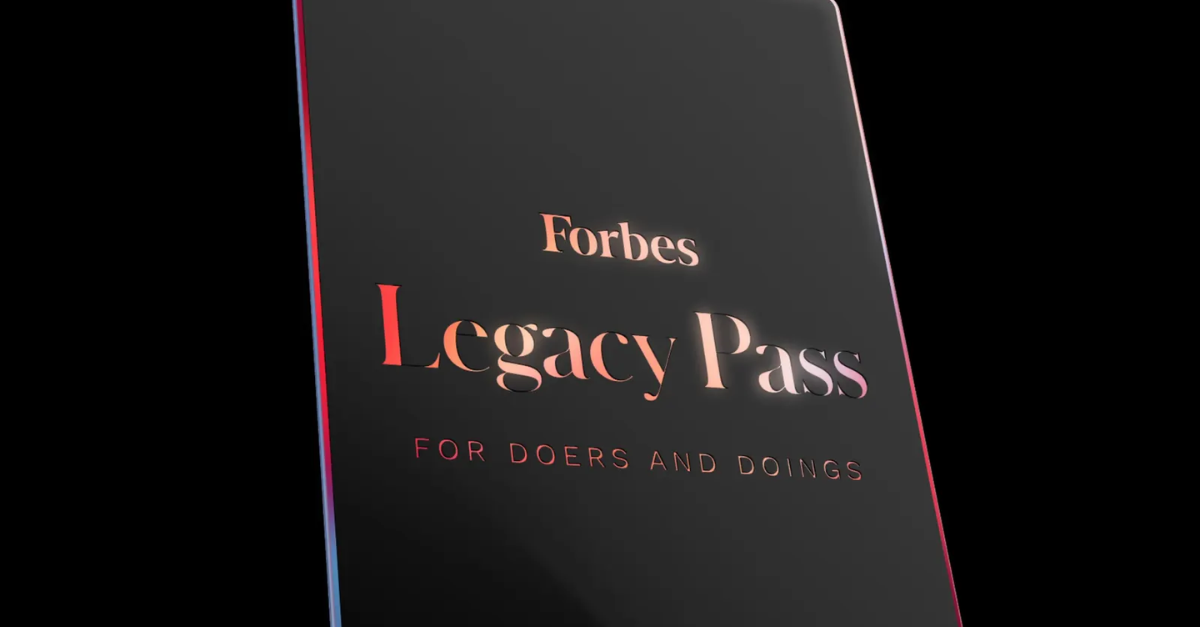What’s the best way to sell crypto collectibles? Their value is based on market demand, which is hard to measure, and there’s no “Kelley Blue Book” for pricing them. So you have to put them on auction, and until now, only the seller was setting the price curve.
Now, on OpenSea, you can let buyers compete to find the best price for your item or bundle of items!
Two main types of auctions
There are two main types of auctions: “English” and “Dutch.” The paradigmatic type of auction that you see for existing crypto collectibles like CryptoKitties, Etheremon, and MyCryptoHeroes has been the Dutch Auction. In this form, a seller lists an item for immediate sale, but sets the price to change over time. Buyers make purchases hoping they see these listings at the right time.
But the type of auction that most people think about is the English Auction, where you list your item for a minimum price and accept the highest bid after a set time period. This is the type of auction made popular by eBay* that you see for physical items there, and now it’s available on OpenSea. Here’s what the two price graphs look like, side-by-side:
.png)
Why English Auctions can be better
The primary benefit of an English Auction is that the seller doesn’t have to know the market value of their item when they price it; instead, they can low-ball a guess, and the market will drive the price up to the seller’s benefit.
What about buyers? Buyers love English Auctions, which feel like games with winners and players. Most importantly, as long as the starting price is low, buyers don’t have to know the market value.Dutch Auctions essentially require buyers to know the true value because buyers purchase hoping that they saw the item at the right time, and therefore the right price. In reality, determining price involves a conversation between more than just one buyer and one seller, and English Auctions enable that.
For example, let’s say a CryptoKitty with a market value of 0.5 ETH is currently on sale for 1 ETH and declining to 0 ETH over 2 months. Along comes a buyer who doesn’t know how much it’s worth. The buyer might purchase the item out of fear that someone else will snag it later, even though it’s currently too high of a price. In an English Auction, the seller will list the CryptoKitty for a low-ball guess (e.g. 0.4 ETH), and if demand for the kitty truly is high, then its price will naturally rise to 0.5 ETH as buyers outbid one another. It’s a multi-party conversation about value where every party has skin in the game, which has until now hasn’t had a first-class experience on OpenSea.
Gas-free for both buyers and sellers
Why not just ask buyers to make offers on your items, like OpenSea has allowed for months? Because an English Auction guarantees that the highest bidder will win the item when the auction expires, regardless of whether the seller is awake or not. And we’ve added a nice feature that makes this guarantee possible: OpenSea will auto-match the highest bid with the auction, so neither sellers nor buyers have to pay gas!

How does this work? It’s a three-step process. First, sellers create auctions by creating and signing an off-chain sell order, which OpenSea stores off-chain with the OpenSea API. This involves no gas as long as the seller has already approved those assets for trading.
Second, buyers create buy orders in the same way, which also only requires signatures. To bid on an item for sale in an ERC-2O token like DAI (a stablecoin pegged to $1 USD), they just need to approve the token and have enough of it. If the item is on sale for ETH, buyers need to wrap ETH into W-ETH, which can be done when bidding or any time using the W-ETH Station on OpenSea. This allows the trade to happen when the buyer is asleep, without the need to escrow ETH into some non-standard contract, and the seller will receive W-ETH instantly that they can unwrap into ETH at their discretion.
Finally, when the sell order expires, OpenSea’s servers look for the highest buy order that’s at least the minimum amount specified by the seller, and pays the gas to match the two together. For the first time ever, no user (not even the order taker) needs to pay gas to fulfill the final transaction!
Bundle Offers
With this new auction ability comes another highly requested feature on OpenSea: making offers on bundles. Now buyers will be able to suggest prices they’re willing to pay for your bundles on Dutch Auctions and fixed-price listings.
As an added bonus, if your bundle expires or you cancel it without finding a buyer, it’ll still be available for buyers to find and make offers! And a new “Re-list this Bundle” button makes it easy for you to quickly bring it back to auction and renegotiate a price. We hope this will make it easier for everyone to trade complex bundles and talk $ to sellers without spamming them.
Give it a try!
We’re very excited about English Auctions, so give them a try and put an asset on sale by visiting your account: https://opensea.io/account. OpenSea doesn’t escrow your items, so you never lose hold of them!
If you’re a developer, we’ve also added support to the OpenSea SDK for programmatically creating English Auctions, querying for them, and bidding on them. You can even add an address as a referral address and claim referral bounties, both through the SDK and by creating referral links.
For more information, or if you have any feedback, contact us on Discord or email us at support@opensea.io!
* Despite the widespread belief that all eBay listings are English auctions, most eBay listings are fixed-price now.









.png)

.png)
.png)
.png)
